Description
When taken internally, Mustard seeds are laxative, mainly because of the mucilage they produce, but only small doses are advised as they may inflame the stomach. In small doses it increases the appetite and stimulates the production of gastric juices. The stimulating, diaphoretic action can also be utilised for fevers, colds, and influenza.
This well known herb has its primary medicinal use as a stimulating external application. The rubefacient action of the oil causes a mild irritation to the skin, stimulating the circulation in that area, and relieving muscular and skeletal pain, like rheumatism, sciatica, backache, gout, leg cramps, headache, stiff neck, etc. and is useful in cellulite.
Mustard oil when instilled in the nose helps to thin mucus and make it easier for you to breathe when you have a sinus or nasal congestion.
Recommended Dosage
3 to 6 g powder of dried seeds.
Contraindication
Large doses of Mustard seed (many times the recommended amount) should not be taken, especially by those with cardiovascular problems. Children under the age of six and the elderly should not use this herb. People with sensitive skin should never let undiluted oil come in contact with the skin, as it might cause blisters.
| Principle | Nutrient Value | Percentage of RDA |
|---|---|---|
| Energy | 508 Kcal | 25% |
| Carbohydrates | 28.09 g | 21% |
| Protein | 26.08 g | 46% |
| Total Fat | 36.24 g | 121% |
| Cholesterol | 0 mg | 0% |
| Dietary Fiber | 12.2 g | 32% |
| Vitamins | ||
| Folates | 162 µg | 40% |
| Niacin | 4.733 mg | 30% |
| Pantothenic acid | 0.810 mg | 16% |
| Pyridoxine | 0.397 mg | 31% |
| Riboflavin | 0.261 mg | 20% |
| Thiamin | 0.805 mg | 67% |
| Vitamin A | 31 IU | 1% |
| Vitamin C | 7.1 mg | 12% |
| Vitamin E-? | 19.82 mg | 132% |
| Vitamin K | 5.4 µg | 4% |
| Electrolytes | ||
| Sodium | 13 mg | 1% |
| Potassium | 738 mg | 16% |
| Minerals | ||
| Calcium | 266 mg | 27% |
| Copper | 0.645 mg | 71% |
| Iron | 9.21 mg | 115% |
| Magnesium | 370 mg | 92% |
| Manganese | 2.448 mg | 106% |
| Selenium | 208.1 µg | 378% |
| Zinc | 6.08 mg | 55% |
| Phyto-nutrients | ||
| Carotene-ß | 18 µg | — |
| Crypto-xanthin-ß | 0 µg | — |
| Lutein-zeaxanthin | 508 µg | — |
Mustard seeds nutrition facts
Mustard seeds have been highly prized culinary oil-seeds being in use since earlier times. The seeds are fruit pods obtained from the mustard plant, in the Brassica family. Some of the close members of mustards in this family include cabbage, broccoli, brussels-sprouts, etc. Scientific name: Brassica juncea.
Mustards are native to Asia Minor, but these days cultivated as one of the main commercial crop in Canada, Pakistan, India, China, and temperate climates of the European region
Mustards are winter crops. The plant reaches about 4-5 feet in height and bears golden yellow colored flowers. They are tiny, round seeds measuring about one mm in diameter found encased inside a fruit pod.
In general, three main varieties of mustard are grown worldwide for use.
- White mustard seeds (Sinapis alba or Brassica alba): The seeds are light straw-yellow colored and are slightly larger than the other two varieties. White seeds exhibit mild pungency.
- Black mustards (Brassica nigra): The seeds commonly grow in South Asia. They are sharp and more pungent than the other two varieties.
- Brown mustards (Brassica juncea): The seeds are native to sub-Himalayan plains of Northern India.
Health benefits of mustard seeds
- Generally perceived as health benefiting spice, mustard seeds are indeed very rich in phytonutrients, minerals, vitamins, and anti-oxidants.
- Being one of the chief oil seeds, mustards are indeed very high in calories; 100 g of seeds provide 508 calories. Nonetheless, the seeds are made of quality proteins, essential oils, vitamins, minerals, and dietary fiber.
- The seeds are high in essential oils as well as plant sterols. Some of the important sterols include such as brassicasterol, campesterol, sitosterol, avenasterol, and stigmasterol. Some of the glucosinolate and fatty acids in the seeds are sinigrin, myrosin, erucic, eicosanoic, oleic, and palmitic acids.
- Mustard seeds are an excellent source of essential B-complex vitamins such as folates, niacin, thiamin, riboflavin, pyridoxine (vitaminB-6), pantothenic acid. These vitamins are essential in the sense that body requires them from external sources to replenish. These B-complex groups of vitamins help in enzyme synthesis, nervous system function and regulating body metabolism.
- 100 g of mustards provide 4.733 mg of niacin (vitamin B-3). Niacin is a part of nicotinamide coenzymes that help lower blood cholesterol and triglyceride levels.
- Mustard seeds contain flavonoid and carotenoid antioxidants such as carotenes, zeaxanthin, and lutein. In addition, the seeds compose a small amount of vitamin antioxidants such as vitamin-A, C, and vitamin-K.
- The seeds are an excellent source of vitamin-E, gamma tocopherol; contain about 19.82 mg per 100 g (about 132% of RDA). Vitamin-E is a powerful lipid soluble antioxidant, required for maintaining the integrity of cell membrane of mucosa and skin by protecting it from harmful oxygen-free radicals.
- Mustards are rich source of health benefiting minerals. Calcium, manganese, copper, iron, selenium and zinc are some of the minerals especially concentrated in these seeds. Calcium helps build bone and teeth. Manganese used by the body as a cofactor for the antioxidant enzyme superoxide dismutase. Copper required in the production of red blood cells. Iron is essential for the red blood cell formation and cellular metabolism.
Medicinal uses
- Mustard seeds and its oil has traditionally been used to relieve muscle pain, rheumatism and arthritic pain.
- In India, mustard oil is applied to the scalp and is believed to stimulate hair growth.
- Its ground seeds act as a laxative, stimulant to the gastric mucosa and increase intestinal secretion
Selection and storage
Whole mustard seeds have no flavor and smell at all. The hot, pungent taste of mustard is because of release irritant gasses when its seeds subjected to crush and mix with water to activate enzyme myrosinase. In the spice stores, one may find all varieties of whole seeds, ground powder, pastes and different mustard sauces. White mustard seeds feature less-pungency than brown or black mustard seeds
Whole, dry mustards keep well for months at room temperature when stored in cool, dry and humid free conditions. However, ground seeds and other preparations of mustards should be held in tight, air seal containers and placed inside the refrigerator for a prolonged shelf life
Culinary uses
Mustards are used extensively in Indian, Pakistani, Bangladesh, Mediterranean and German cooking. Whole seeds, ground or powdered form, prepared pastes, sauces and oil are all used in the kitchen.
The aroma and pungent flavor of mustards come from the essential oil, sinalbin. This compound releases isothiocyanate chemicals upon enzymatic reaction mediated by myrosinase enzyme.
Here are some serving tips:
- Mustards exude pungent, nutty flavor when gently roasted under low flame.
- Brown as well white mustards are used in pickling with raw mango, bitter gourd, etc., in India.
- Mustard fish curry, prepared with thin mustard paste, coriander powder, chilies and nigella is popular in Bangladesh and West Bengal in the Indian subcontinent.
- Different kind of mustards employ mustard seeds mixed with herbs, spices, honey, tomato, etc., in many parts of the world.
- Mustard paste is used in salad dressings, sandwiches, and hot dogs, and mayonnaise.
- American yellow mustard is prepared with white seeds, vinegar, spices, turmeric, and sugar.
- Mustard oil is one of popular cooking oils used in many North Indian and Pakistani recipes.
Safety profile
In general, mustard seeds and its oil consider being safe for human consumption when used in small amounts. A large quantity of mustard may cause gastric irritation, bleeding from the stomach and intestinal mucosa. It may cause skin burn when applied over skin for longer time. The Erucic acid in mustard has been found to have possible genotoxic and carcinogenic effects in laboratory animal studies.
(Medical Disclaimer: The information and reference guides in this website are intended solely for the general information for the reader. It is not to be used to diagnose health problems or for treatment purposes. It is not a substitute for medical care provided by a licensed and qualified health professional. Please consult your health care provider for any advice on medications.)



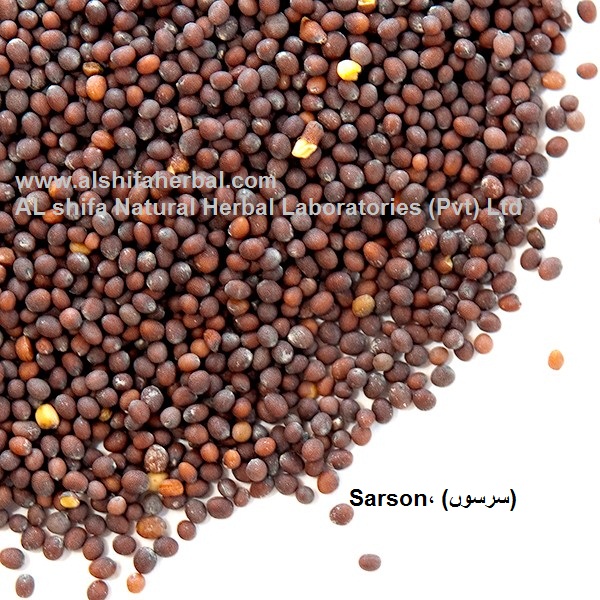
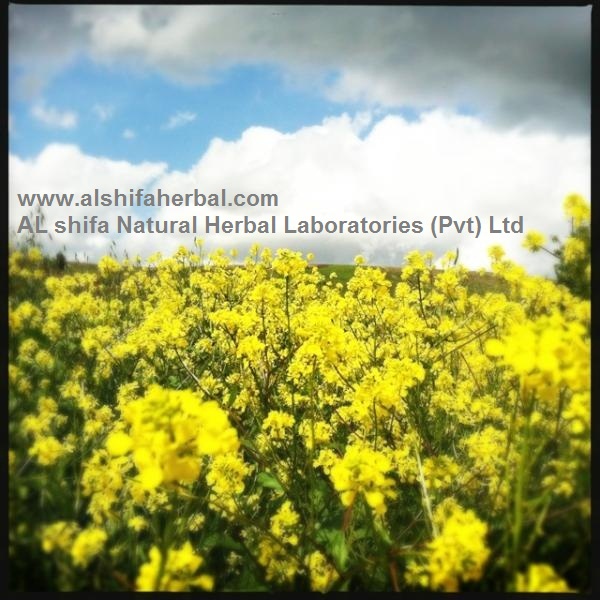
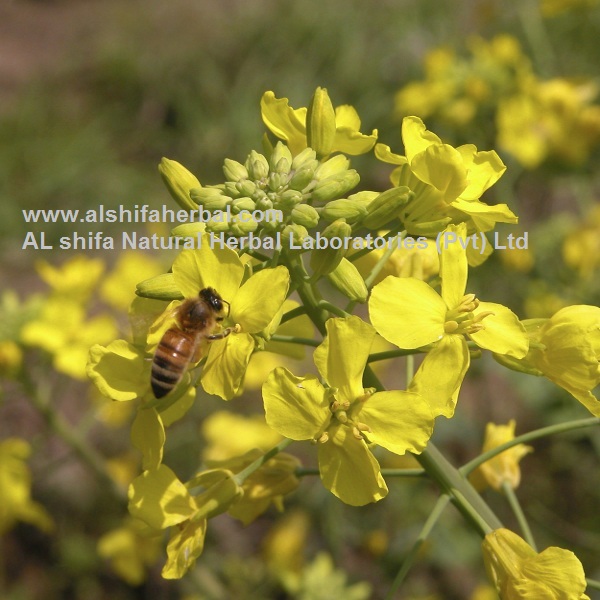
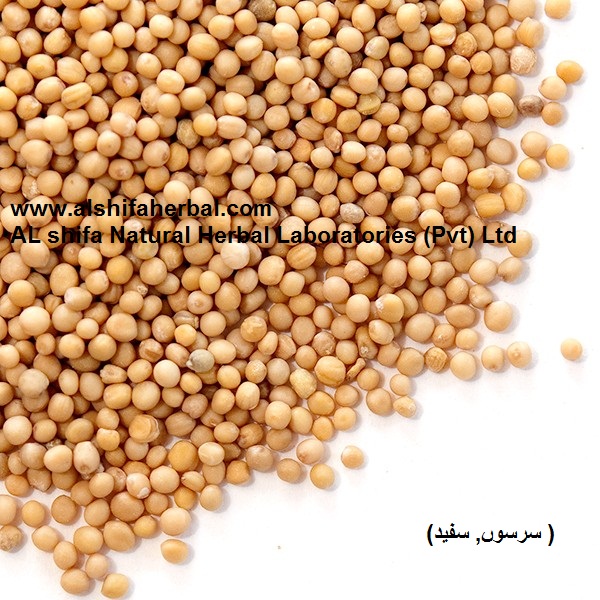
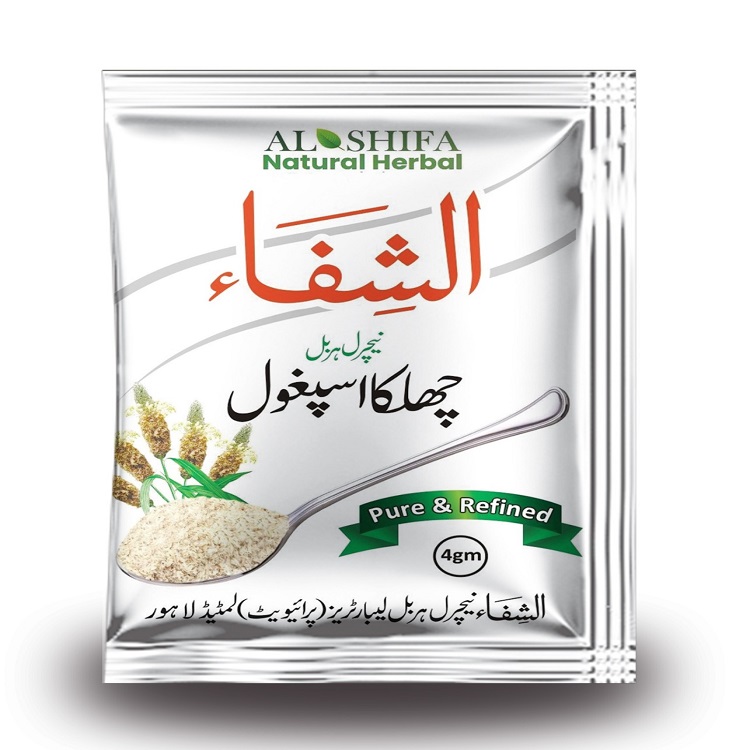



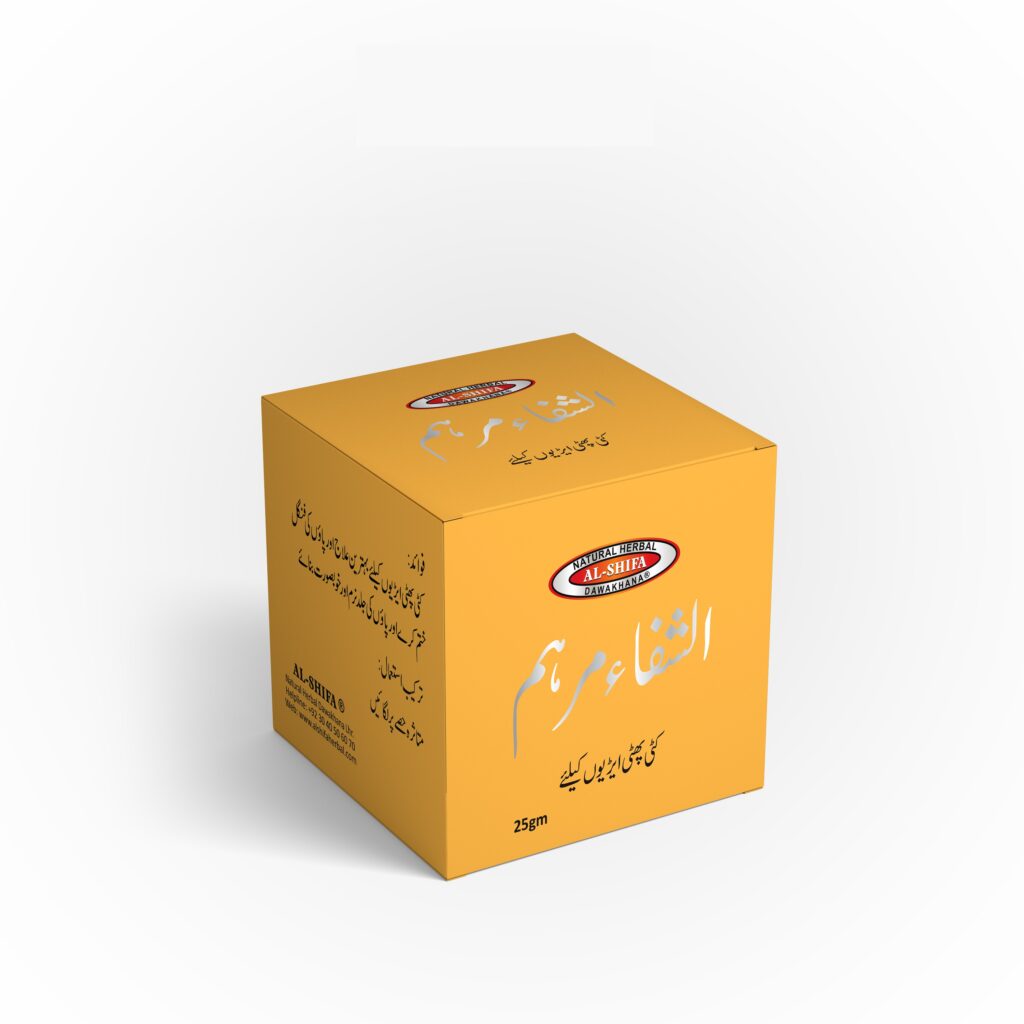
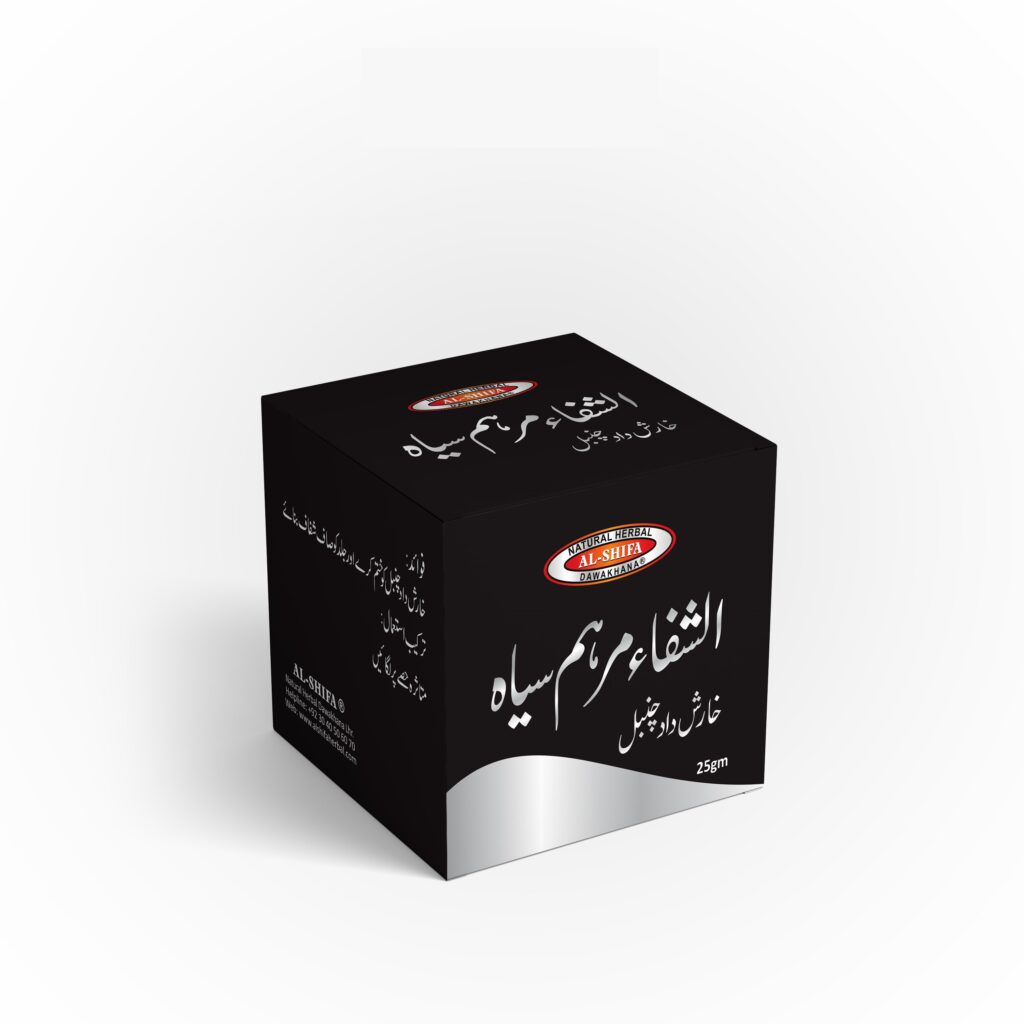
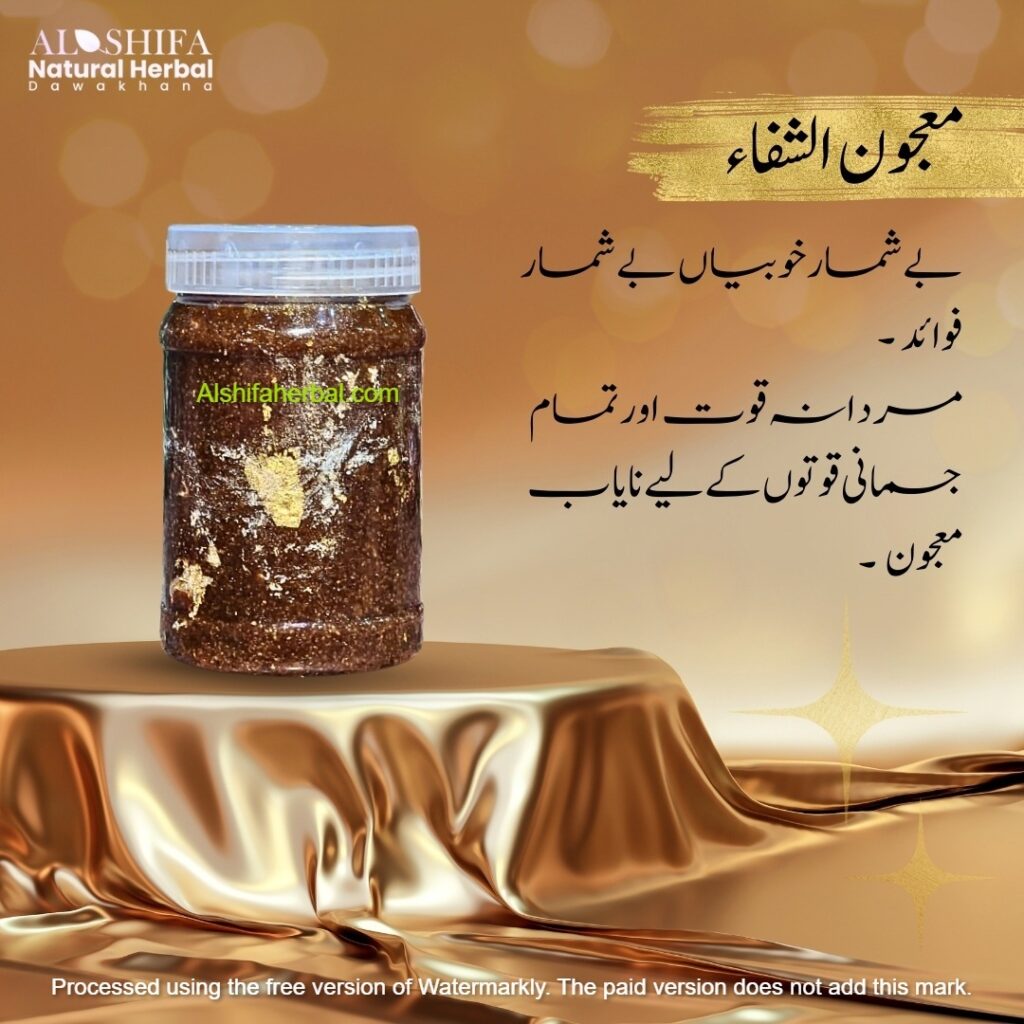
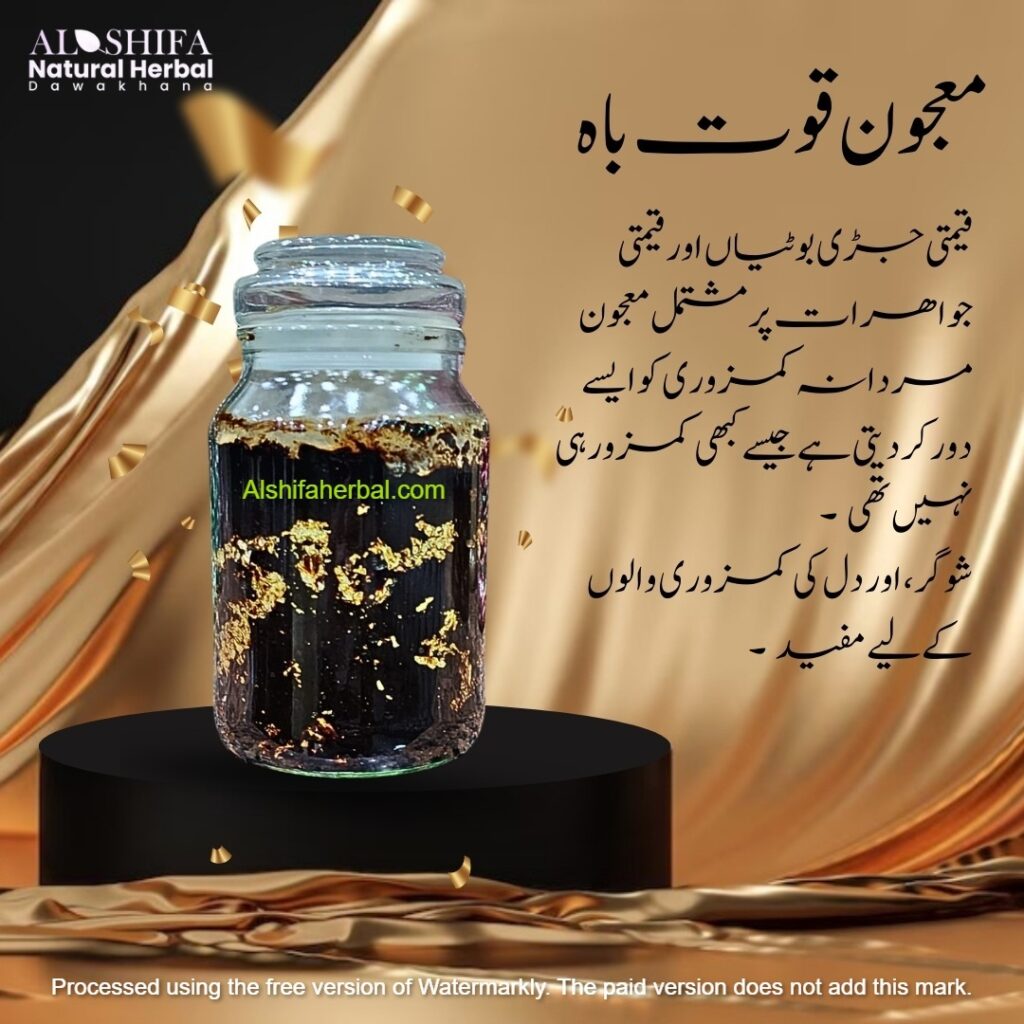
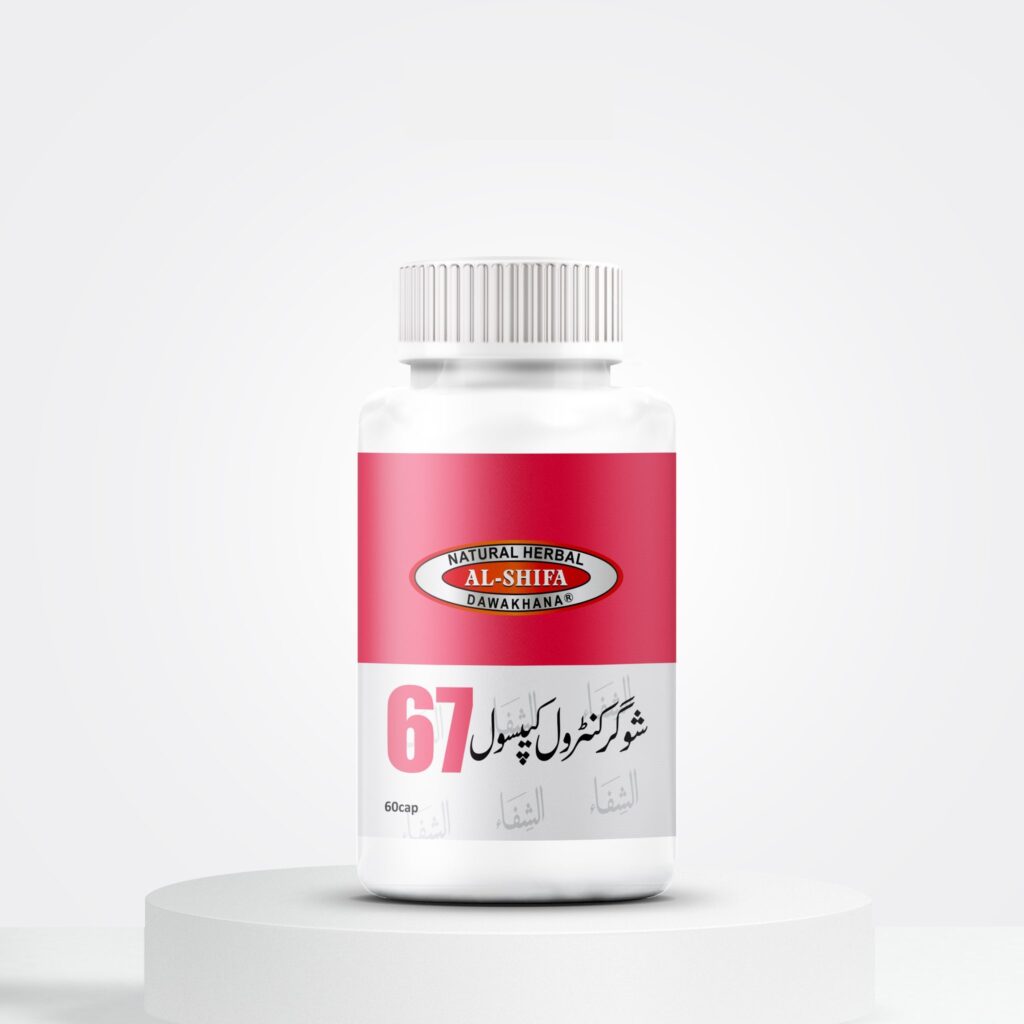



Reviews
There are no reviews yet.